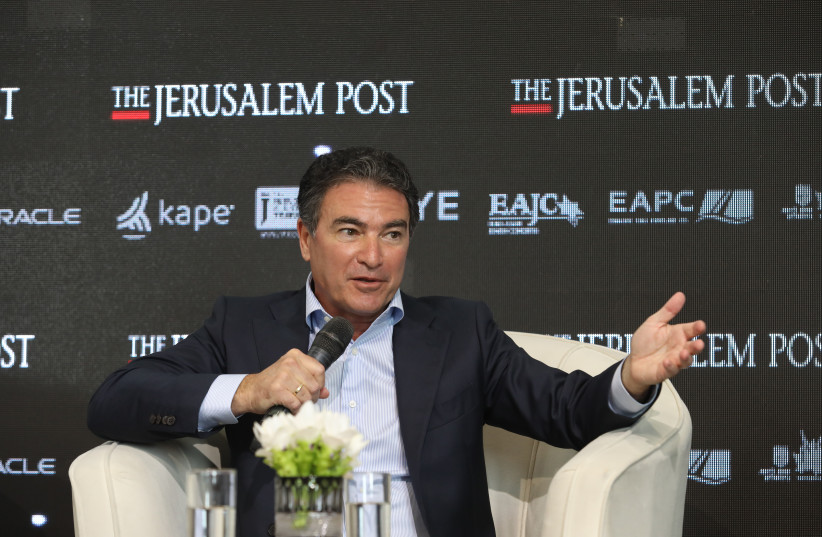Yes, it is important for Israel to point out that it can act independently against Iran’s nuclear program even if the US and the world powers reach a new nuclear deal in Vienna.
But does anyone really believe Prime Minister Naftali Bennett and Foreign Minister Yair Lapid when they repeat the mantra that a deal – even a bad one – will not at least for some period of time freeze Israeli operations against the Islamic Republic?
If history has any lessons, one is that a new nuclear deal – as long as it freezes Tehran’s forward nuclear progress – will shift the Mossad and IDF intelligence from planning attacks to collecting intelligence in order to highlight Iranian cheating.
This is what happened after the 2015 JCPOA – and no one can accuse former prime minister Benjamin Netanyahu or his Mossad director Yossi Cohen of being bashful about using force against the nuclear program.
Yet from the July 2015 deal until July 2020, there were no major game-changing attack operations.

Until the Trump administration pulled out of the deal in May 2018, getting deep into planning such operations was even slowed down to a pause.
And it was not until after Iran started to openly violate the nuclear deal in May 2019, and the International Atomic Energy Agency’s Board of Governors condemned Iran for lack of cooperation on June 19, 2020, that Natanz’s aboveground nuclear facility was attacked and destroyed (which Iran attributes to the Mossad) two weeks later on July 2.
All of the other reported major Israeli attack operations came after that, during a time when there was no functioning deal and there was public friction between Iran and the IAEA.
Rather, the Mossad’s first Iran mission when Cohen took office in 2016 was to work on finding evidence of Iranian cheating to present to the world.
Years of planning culminated with the heist of Iran’s secret nuclear archives on January 31, 2018, and their presentation by Netanyahu to the world three months later on April 30.
The truth is that once the world powers and Iran cut an interim deal in 2013, Israel cut back what had been an ongoing campaign of assassinations of Iranian nuclear scientists and other nuclear-related officials.
The Mossad or IDF reportedly have covertly attacked Iran twice during the Bennett-Lapid term: once in June and again in September. So they are not afraid of pulling the trigger.
But no one should mistake their preserving a potential right to strike – if Israel finds a new smoking gun of Iranian nuclear cheating – for an actual license to attack if there is a new deal and the Islamic Republic follows its technical rules.
It is one thing for Israel to attack Iranian nuclear facilities to slow down the nuclear program of the ayatollahs when no deal is in place – which may alternately annoy or (privately) please the US, depending on the overall impact on negotiations.
But any attack once Iran’s nuclear progress is officially halted would be viewed by the Biden administration and the EU as warmongering, and could lead to actual diplomatic retaliation or even consequences in the areas of military and security sales and cooperation.
If in fact there is a new deal in the coming weeks or months, even if it is a bad one, Israel’s freedom to strike Iranian soil, which it has had for the last 18 months, will be significantly curtailed. And no amount of repeating mantras is going to convince Iran or anyone else otherwise.
